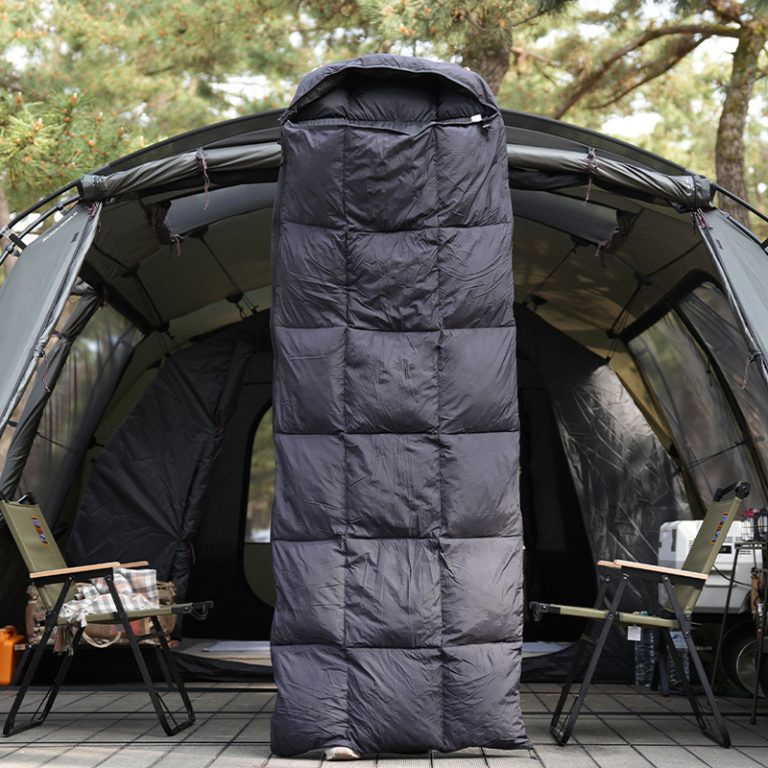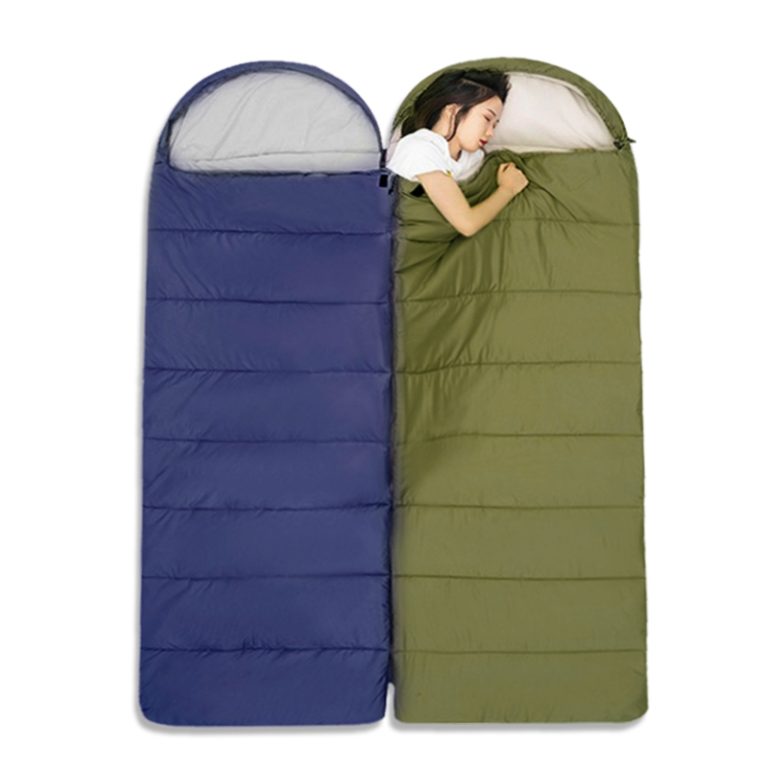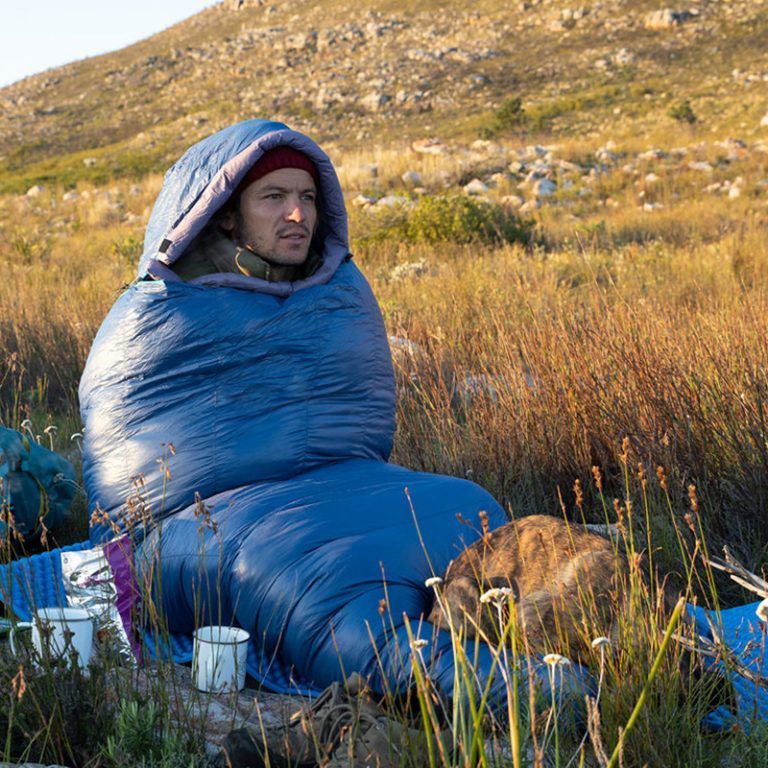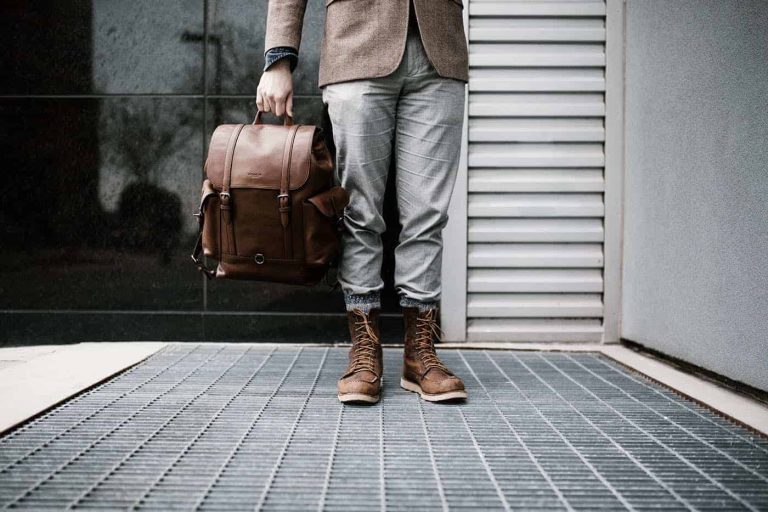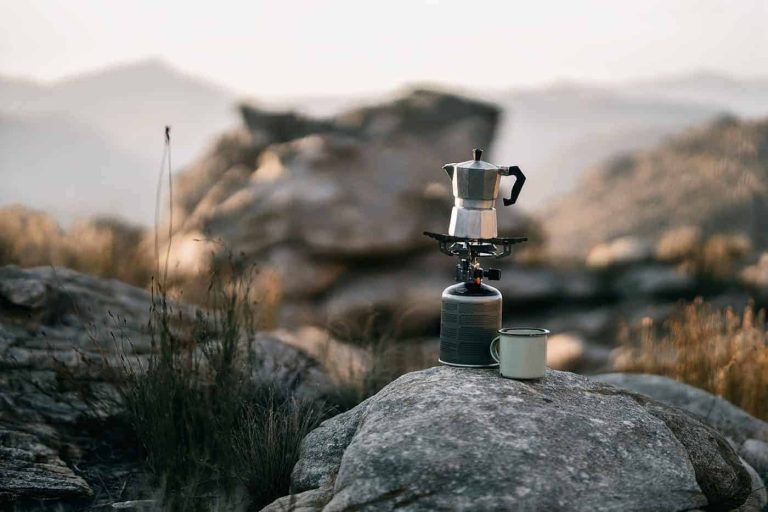The Pros and Cons of Down vs Synthetic Sleeping Bags: Which is Best for Your Outdoor Adventures?
When it comes to outdoor adventures, having the right sleeping bag is essential. Whether you’re camping, backpacking, or just spending a night in the great outdoors, the right sleeping bag can make all the difference in your comfort and safety. But with so many different types of sleeping bags on the market, it can be hard to decide which one is best for you. Two of the most popular types of sleeping bags are down and synthetic. Each has its own unique advantages and disadvantages, so it’s important to understand the pros and cons of each before making a decision.
| Shape | Size | Fabric | Stuffer | Stuffer weight | Sleeping bag weight | Volume after packaging | Comfort temperature |
| Mummy | 215*80*50cm | 40DNylon | 650FP 80/20 duck down | 900 grams | 1.75 kgs | 35x23x23cm | 23F~14F |
| Mummy | 215*80*35cm | 40DNylon | 550FP 75/25 duck down | 250 grams | 0.85 kgs | 35x14x14cm | 41F~50F |
| Mummy | 215*80*35cm | 40DNylon | 750FP 90/10 goose down | 1450 grams | 2.3 kgs | 40x28x28cm | -31F~-41.8F |
| Envelope | 215*75*75cm | 40DNylon | 500FP 65/35 duck down | 600 grams | 1.2 kgs | 35x18x18cm | 32F~41F |
| Mummy | 215*80*35cm | 20dNylon | 650+ Fill Goose Down | 9.5 oz | 0 | 0 | About 45F |
| Mummy | 220*80*55cm | 20dNylon | 850+ Goose Down | 12 oz | 0 | 0 | About 40F |
| Mummy | 215*80*35cm | 15DNylon | 800 Fill Goose Down | 7 oz | 0 | 0 | About 35F |
Down sleeping bags are filled with down feathers, which are lightweight and highly compressible. This makes them ideal for backpacking, as they can be easily packed into a small space. Down sleeping bags are also incredibly warm, as the feathers trap heat and provide excellent insulation. However, down sleeping bags can be expensive, and they are not as durable as synthetic sleeping bags. They also lose their insulating properties when wet, so they are not ideal for wet climates.
Synthetic sleeping bags are filled with synthetic fibers, such as polyester or nylon. These fibers are not as compressible as down feathers, but they are much more affordable and durable. Synthetic sleeping bags are also better at retaining their insulating properties when wet, making them a better choice for wet climates. However, synthetic sleeping bags are heavier and bulkier than down sleeping bags, so they are not as ideal for backpacking.
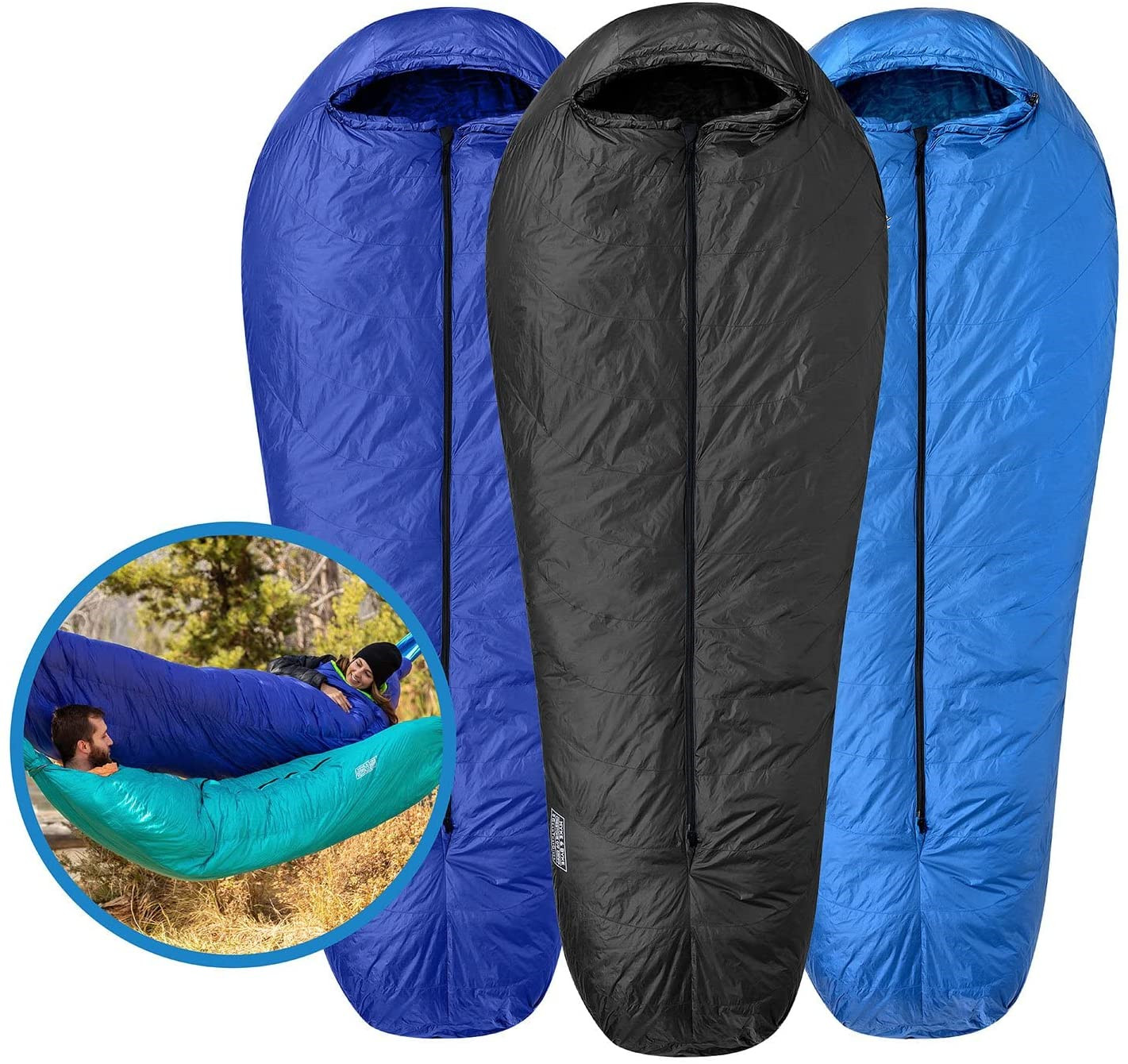
When it comes to choosing the right sleeping bag for your outdoor adventures, it’s important to consider your needs and preferences. Down sleeping bags are lightweight and highly compressible, making them ideal for backpacking. However, they are not as durable or insulating when wet. Synthetic sleeping bags are more affordable and durable, and they retain their insulating properties when wet. Ultimately, the best sleeping bag for you will depend on your individual needs and preferences.

